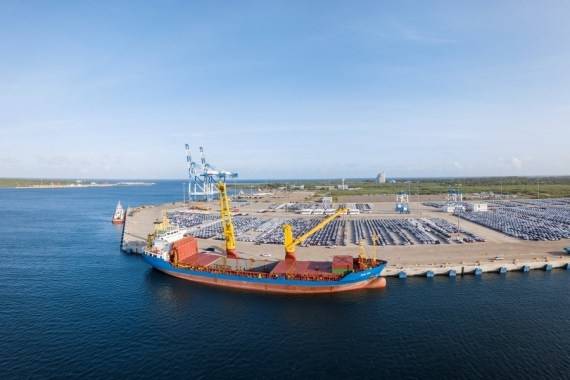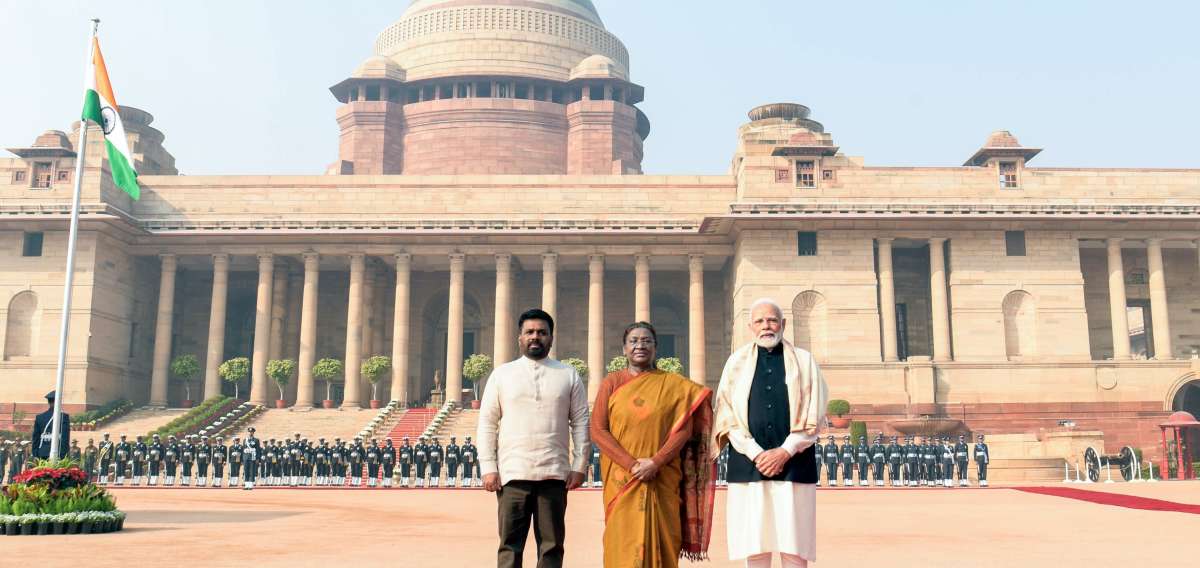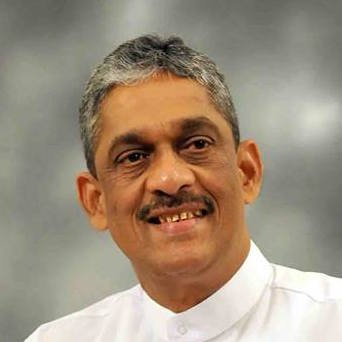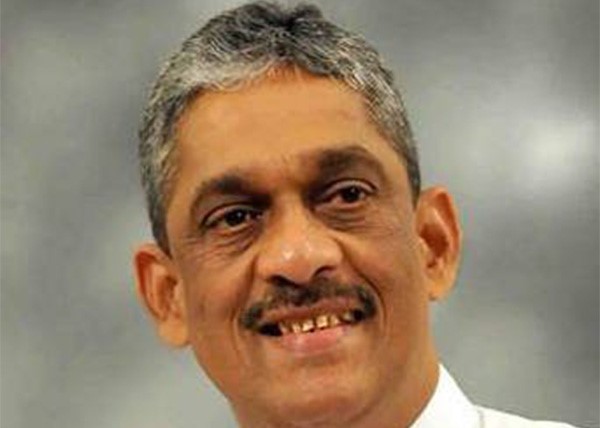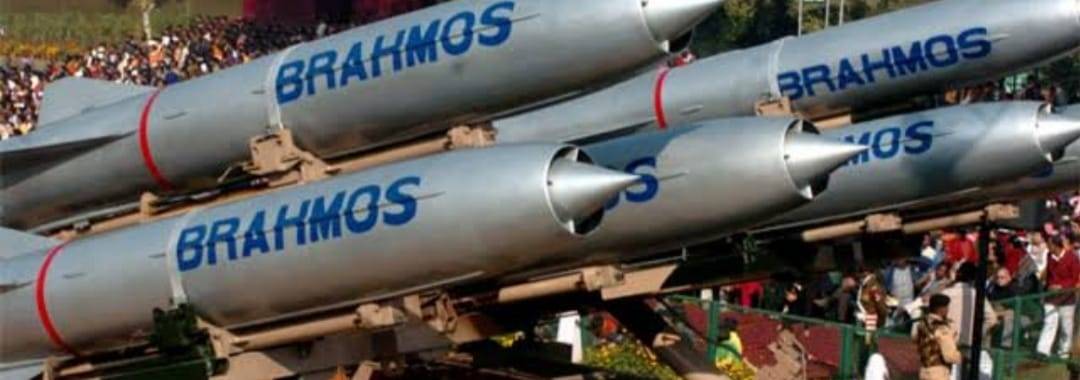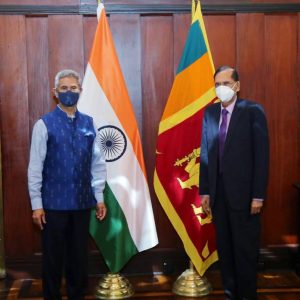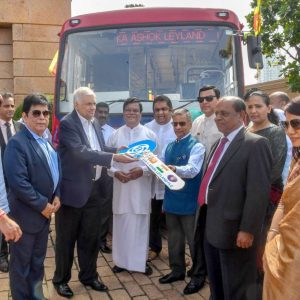With dried up gross official reserves limited to $1.8 billion at the end of July, the country failed to make interest payments on the loans and defaulted on the debt of $51 billion in May….writes Susitha Fernando
Amidst the soft-peg crisis, Sri Lanka has temporarily suspended the import of over 300 ‘non-essential’ items with effect from Wednesday.
Signed by President Ranil Wickremesinghe in his capacity as the Finance Minister, the gazette was issued under the Import and Export Control Act.
The list of items included cosmetics, electrical goods, water craft, ships, aircraft, electrical and electronic goods and building materials. It also included chocolate and other food products such as cocoa, condensed milk, yoghurt, coconuts, coconut-based arrack, roses, perfumes, beauty or make-up products, deodorants, shampoos and dental floss, trunks, suitcases, briefcases, and various clothing items.
The building materials, which are banned for export by the Finance Ministry includes, marble, travertine, and other calcareous monumental or building stone, tubes, pipes and hoses, and fittings.
The list also included bags, bottle cases, jewellery boxes, powder-boxes, cutlery cases, toilet or facial tissue stock, towel or napkin stock and electrical goods such as refrigerators, freezers and other refrigerating or freezing equipment, electric or other heat pumps.
However, the goods in the suspended list which were shipped on or before August 23 and arrived at any sea ports or airports in Sri Lanka on or before September 14 would be allowed for customs clearance.
With dried up gross official reserves limited to $1.8 billion at the end of July, the country failed to make interest payments on the loans and defaulted on the debt of $51 billion in May.
Country’s Central Bank announced that negotiations with the IMF towards reaching a staff-level agreement on the Extended Fund Facility (EFF) arrangement are scheduled in coming weeks, while expeditious measures are being taken to advance the debtrestructuring process with the assistance of financial and legal advisors.
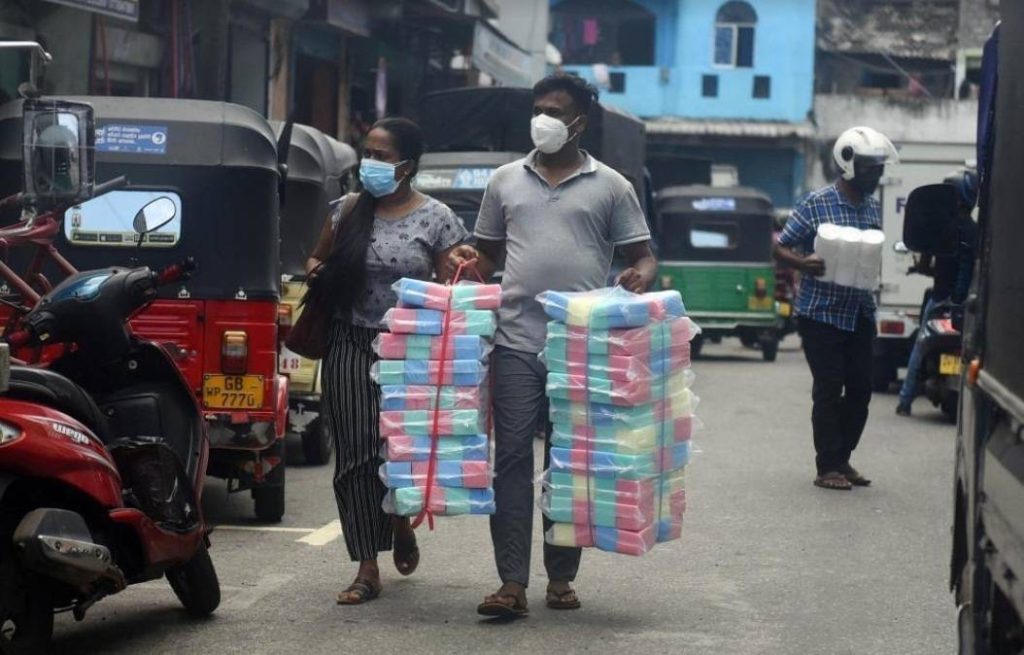
Food price inflation
Sri Lanka is ranked fifth among the 10 countries with the highest food price inflation in the world, according to the latest World Bank assessment.
In its Food Security update, the World Bank said trade policy actions on food and fertilizers have surged since the beginning of the war in Ukraine. Countries actively used trade policy to respond to domestic needs when faced with potential food shortages at the beginning of the COVID-19 pandemic.
As of July, Sri Lanka is experiencing significant shortages in the domestic food supply.
In Sri Lanka, agricultural production has decreased by 40 per cent to 50 per cent because of fertilizer shortages, and there is a lack of foreign exchange to purchase food imports.
“Fertilizer and fuel (for land preparation, transport, and harvesting activities) shortages are expected to limit the food supply. Some relief is coming from the first shipment of 44,000 tonnes of urea supported by Indian credit (and 21,000 tonnes is expected to arrive soon). There has been an increase in demand for Indian rice, with roughly 9.6 million tonnes shipped this year,” the assessment says.
Exporters, concerned that export restrictions will be introduced (as has been done for wheat), are moving quickly to open letters of credit and have signed contracts to export 1 million tonnes of rice from June through September 2022. Moreover, food price inflation reached 80 per cent in Sri Lanka.
This comes as food price inflation remains at a multiyear high in South Asian countries including Pakistan. The first Ukrainian grain shipment is underway, but challenges to food security persist.
According to the World Bank assessment, the agricultural, cereal, and export price indices globally were stable over the past two weeks, with the agricultural and cereal price indices 1 per cent higher than two weeks ago.
Domestic food price inflation remains high around the world, with high inflation continuing in almost all low and middle-income countries and the share of high-income countries with high inflation increasing sharply.
A recent World Bank blog discussed three policy proposals for making fertilizers more accessible and affordable.
Firstly, countries should lift trade restrictions or export bans on fertilizers.
Secondly, World Bank says fertilizer use must be made more efficient, for instance by providing farmers with appropriate incentives that do not encourage overuse.
Furthermore, the international lender called for investment in innovation to develop best practices and newer technologies that may help increase output per kilogram of fertilizer used. (IANS/ANI)


